
Every summer, I find myself marvelling at the array of colour in the hedgerows and gardens, and (of course) pondering the wonderful history of some of our plant and flower names.
In fact, their stories would make a gorgeous anthology – a word that itself came to us from the Greek for a posy of flowers (anthos, meaning 'flower’, plus logia, meaning ‘collection’), before extending its reach to colourful collections of verse (the verses representing the 'flowers' in this beautiful analogy).
Given the magic of our flora, it makes total sense to me that much of its vocabulary originated in legend. If you enjoy the aromatic herb tarragon, for example, you might be curious to discover that its name is a relative of the English ‘dragon’. Apparently, the plant was linked to dragons because of its serpent-shaped root stem, but there was also a widespread belief that tarragon could ward off serpents and dragons, as well as heal snake bites.
Given the magic of our flora, it makes total sense to me that much of its vocabulary originated in legend
To see the splashes of colour from a bed of irises, meanwhile, is to appreciate that their name was inspired by Iris, the messenger of the gods, who was personified by a rainbow. It was believed that every rainbow was a bridge or road that had been let down from heaven to be used as a path for Iris to carry her messages.
The name of the sweet-smelling hyacinth is also ancient in origin, and it hides a darkly beautiful tale. In the myth of the ancient Greeks, Hyacinth was a handsome Spartan prince and lover of the god Apollo, son of Zeus. His unsuccessful suitors included Zephyrus, god of the west wind, and legend tells how, during a game of discus one day, Apollo threw the discus high into the clouds towards Hyacinth, but the spurned Zephyr blew the discus off course and it hit and killed the young Spartan. It was said that a grief-stricken Apollo created a beautiful flower in the spot where Hyacinth’s blood was spilled.

My grandmother’s favourite was always the forget-me-not, for she loved its token of remembrance.
I wish I could have told her what I discovered later, that it blossomed from a German legend involving a knight, who one day was picking one of these flowers for his sweetheart. Kneeling by the side of a river to reach one, he slipped in and drowned, calling out to his lover, ‘Vergissmein nicht!’: ‘Forget me not!’
Incidentally, the botanical name for the forget-me-not is far less romantic: ‘myosotis’ comes from the Greek for ‘mouse’s ear’.
Other names have a lighter touch. The herb rosemary has nothing to do with either the rose or the name Mary; its name was simply altered to something more familiar. The true origin is the Latin rosmarinus, ‘dew of the sea’, as it tends to grow on the coasts.
It was believed that every rainbow was a bridge or road that had been let down from heaven to be used as a path for Iris to carry her messages
And did you know that the word chrysanthemum is linked to a butterfly chrysalis? Both stem from the Greek khrusos, meaning gold. ‘Chrysanthemum’ means ‘golden flower’, while ‘chrysalis’ is a ‘golden sheath’, thanks to the gold sheen of some pupae.
Of course, there are always some that buck the trend by having (appropriately) earthier origins. They include the carnation, whose name is from the Latin for flesh, and cowslip, from the Old English for cow slime, because the plant grows especially well in pastures.
The gladiolus is a relative of the gladiator, because of its sword-like spikes, and the French name for a dandelion (from dent de lion, or lion’s tooth, thanks to the shape of its leaves) is pissenlit, politely translated as ‘wee in the bed’, on account of its diuretic properties.
The lexicon of plant names is as joyously vibrant as the blooms that are all around us. There will be a story behind every flower and plant– we just need to take out our invisible trowels and dig for them all.
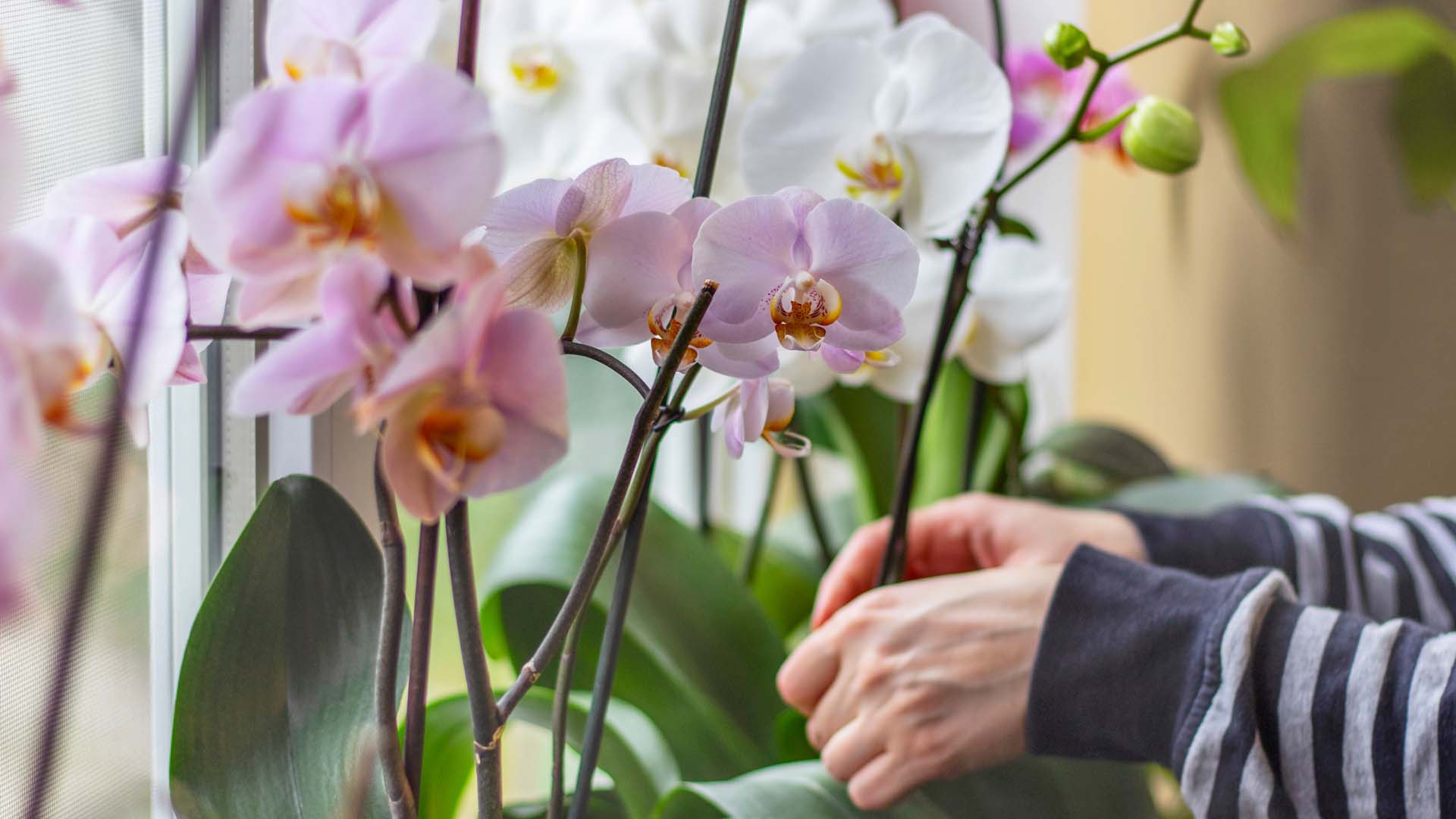
Our expert pruning and watering hacks include a top tip to keep them flowering from Alan Titchmarsh.
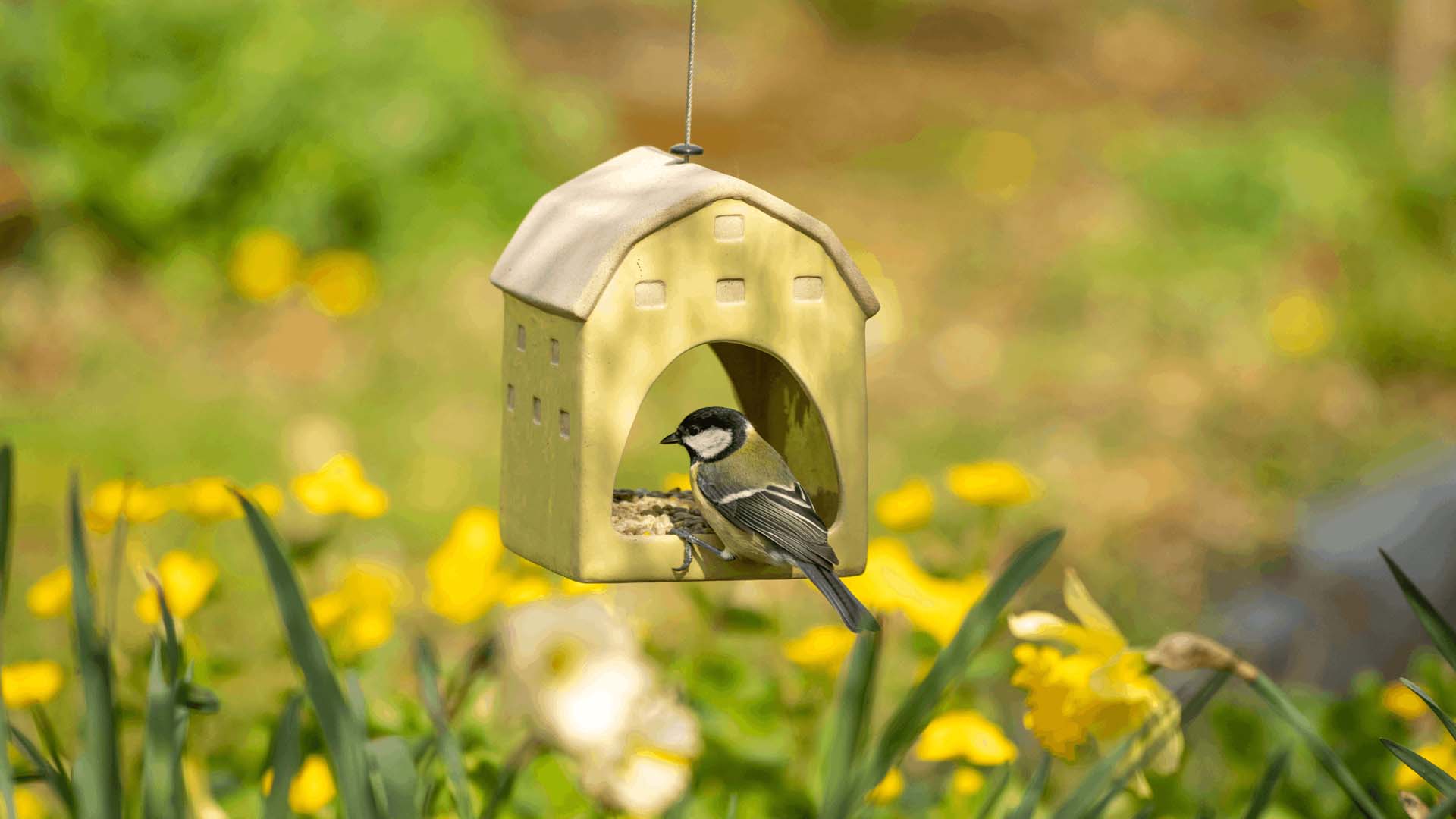
Don’t make these bird-feeding mistakes. Expert advice on how to feed birds in your garden safely.
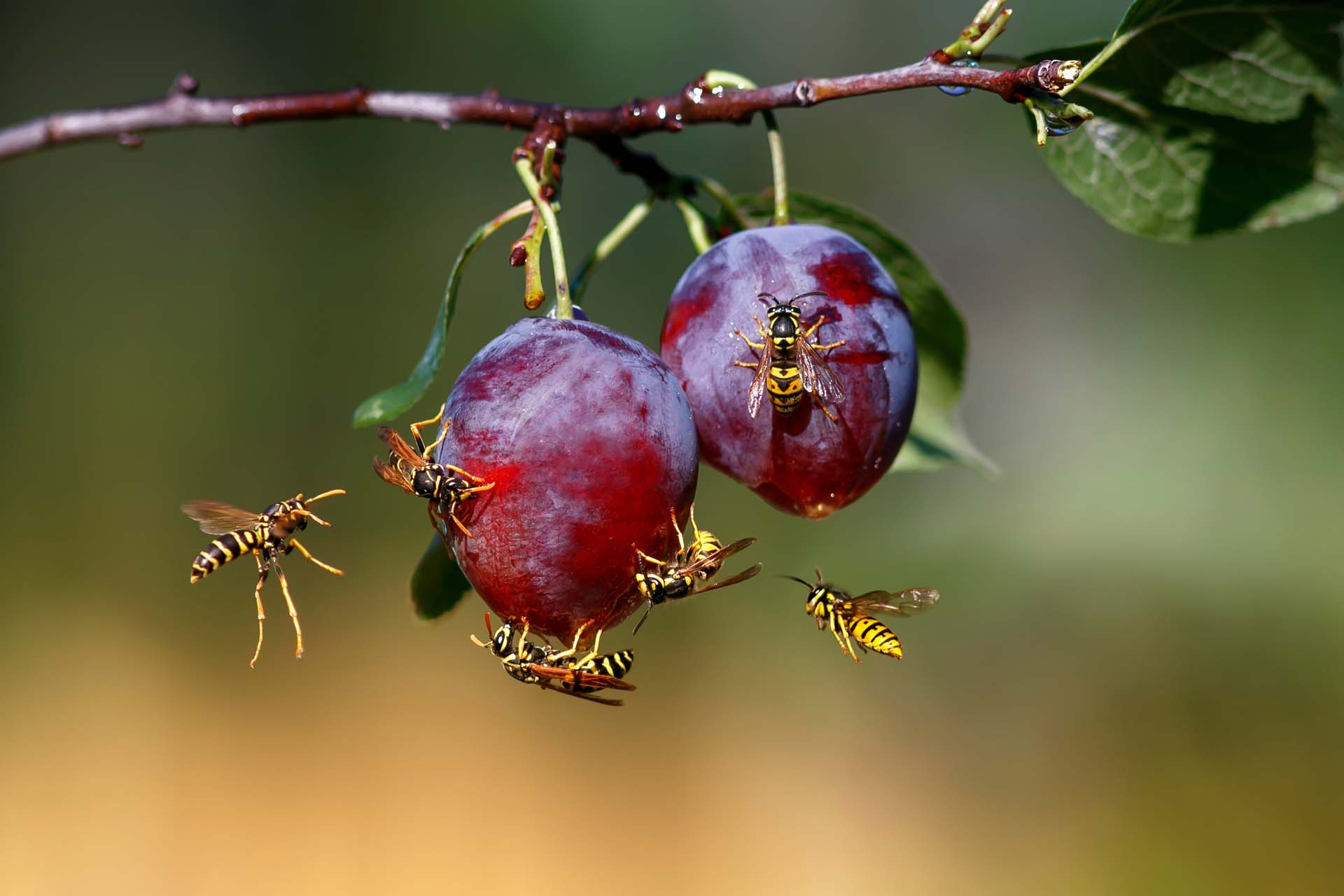
Blighted by buzzing? How to keep wasps out of your garden without harming them so you can enjoy the summer.

The ways you could be breaking the law in your back garden - with expert advice on how to avoid neighbour disputes, a fine or even a prosecution.
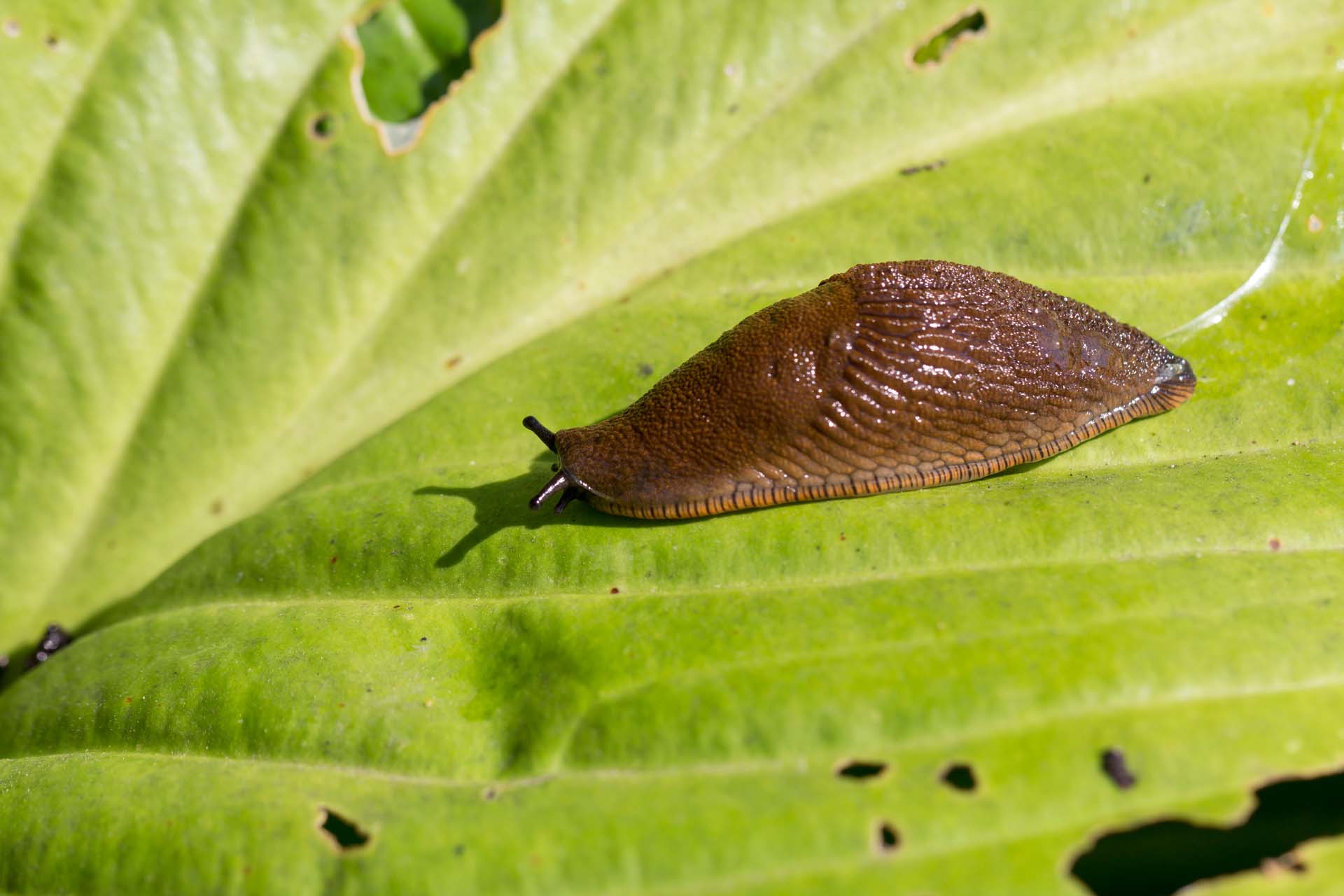
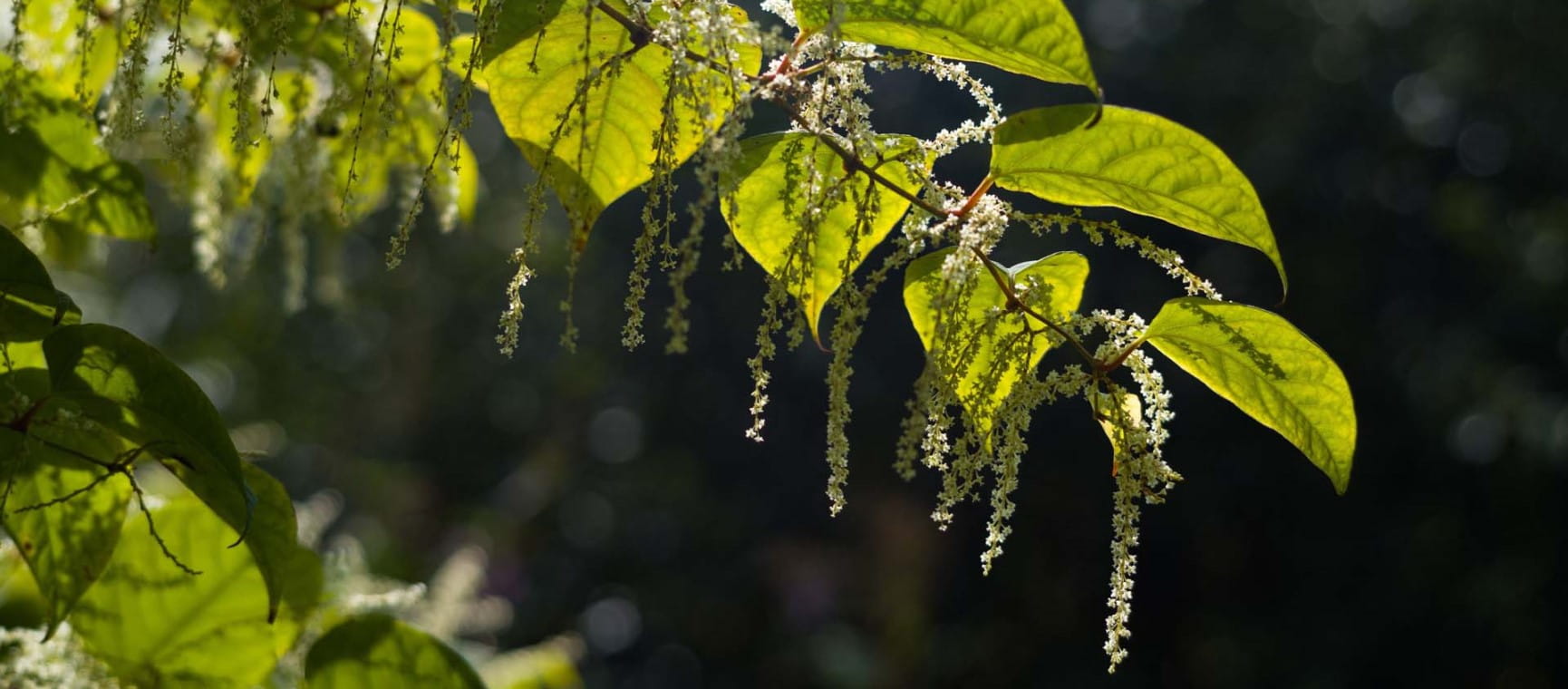
Everything you need to know about Japanese knotweed, the fast-growing plant nobody wants in their garden.